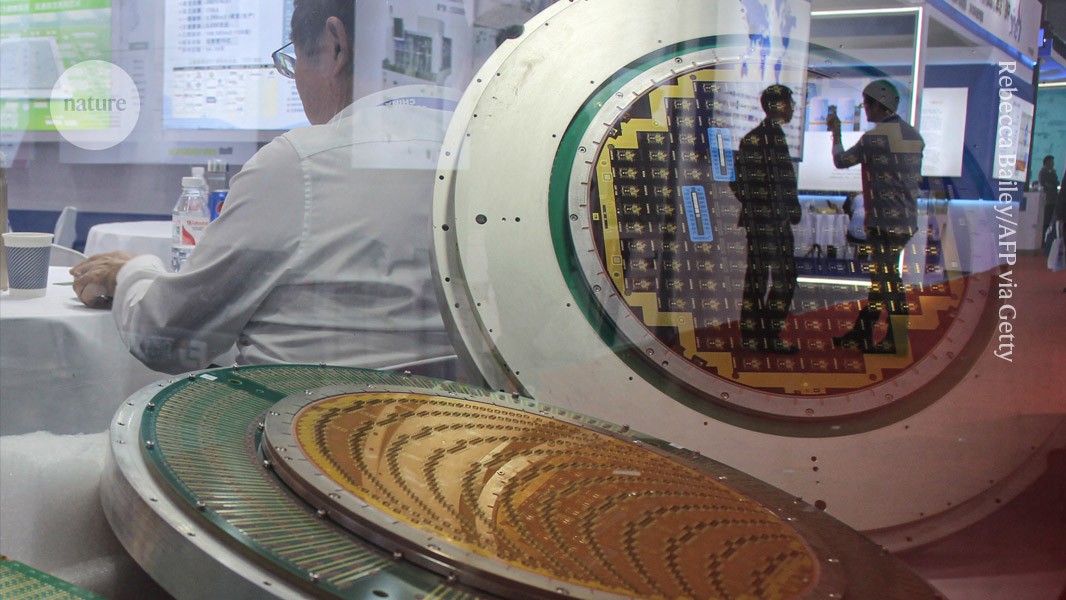
"Data indicate that geopolitical tensions are affecting how scientists around the world collaborate on research projects. But "rather than uniformly shrinking, global academic networks are being reconfigured", says Marina Zhang, a technology and geopolitics researcher at the University of Technology Sydney, in Australia. Collaborations with Israel and Russia, and between China and the United States, are among those seeing such shifts."
"The percentage of all Israeli preprints that were co-authored with scientists in Spain fell from 9.2% in 2024 to 5.9% this year. Similarly, the proportion of Israeli preprints with South African co-authors declined from 3.4% in 2024 to just 1% this year (see 'Research collaborations with Israel'). Some researchers who spoke to Nature say the data are an early indication that individual academics are boycotting Israeli science because of the war in Gaza."
Geopolitical tensions are altering how scientists collaborate worldwide, producing reconfigured academic networks rather than uniform contraction. Collaborations involving Israel have declined since the October 2023 Gaza war, with co-authorship rates dropping markedly for partners such as Spain and South Africa. The analysis used co-authorship patterns in Scopus-indexed preprints compiled by Science|Business to measure changes. Individual academics have initiated boycotts and petitions, including calls to suspend cooperation with major facilities, and observers report those actions are affecting Israeli scientific partnerships and reshaping research relationships among countries.
Read at Nature
Unable to calculate read time
Collection
[
|
...
]